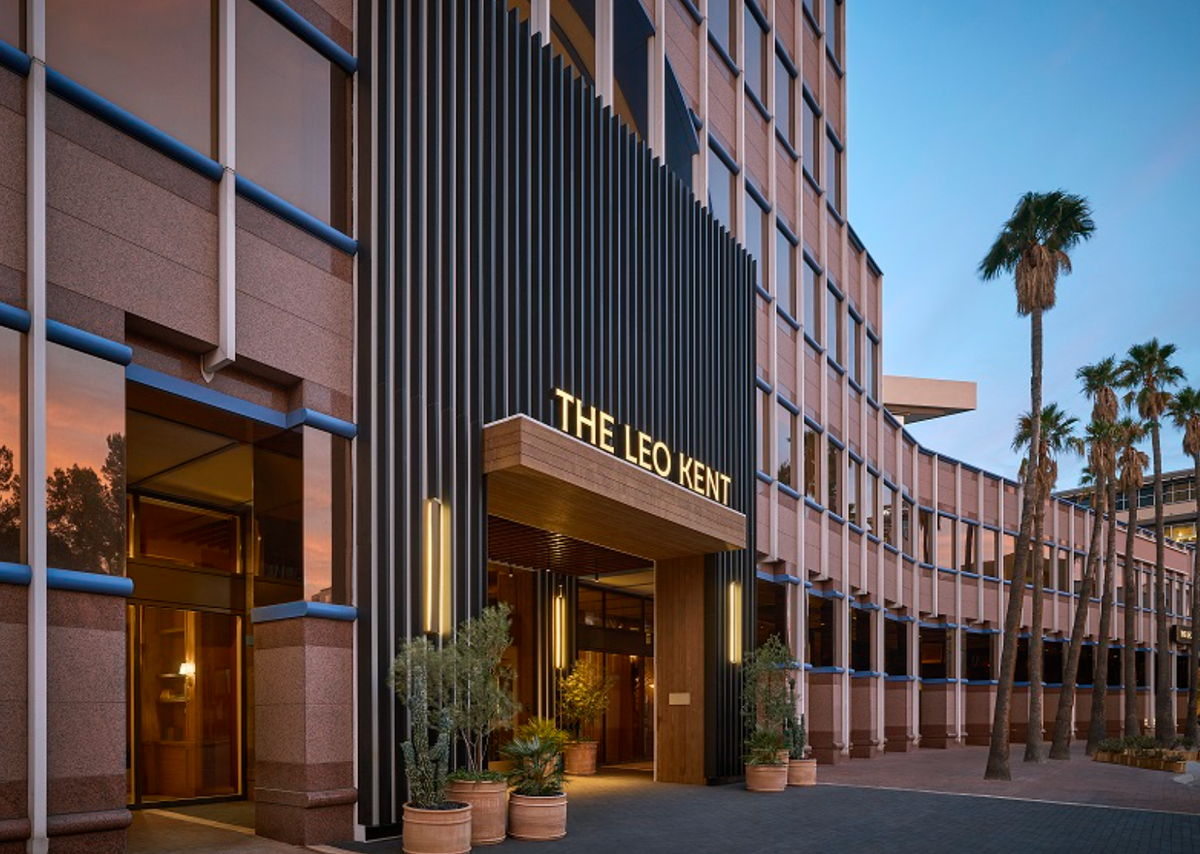Rio Nuevo approves new budget despite fiscal concerns
The Rio Nuevo board approved its 2026 budget while facing questions about deficit spending and how to prioritize nearly $19 million in recent project commitments.

The Rio Nuevo board approved its 2026 budget while facing questions about deficit spending and how to prioritize nearly $19 million in recent project commitments.
